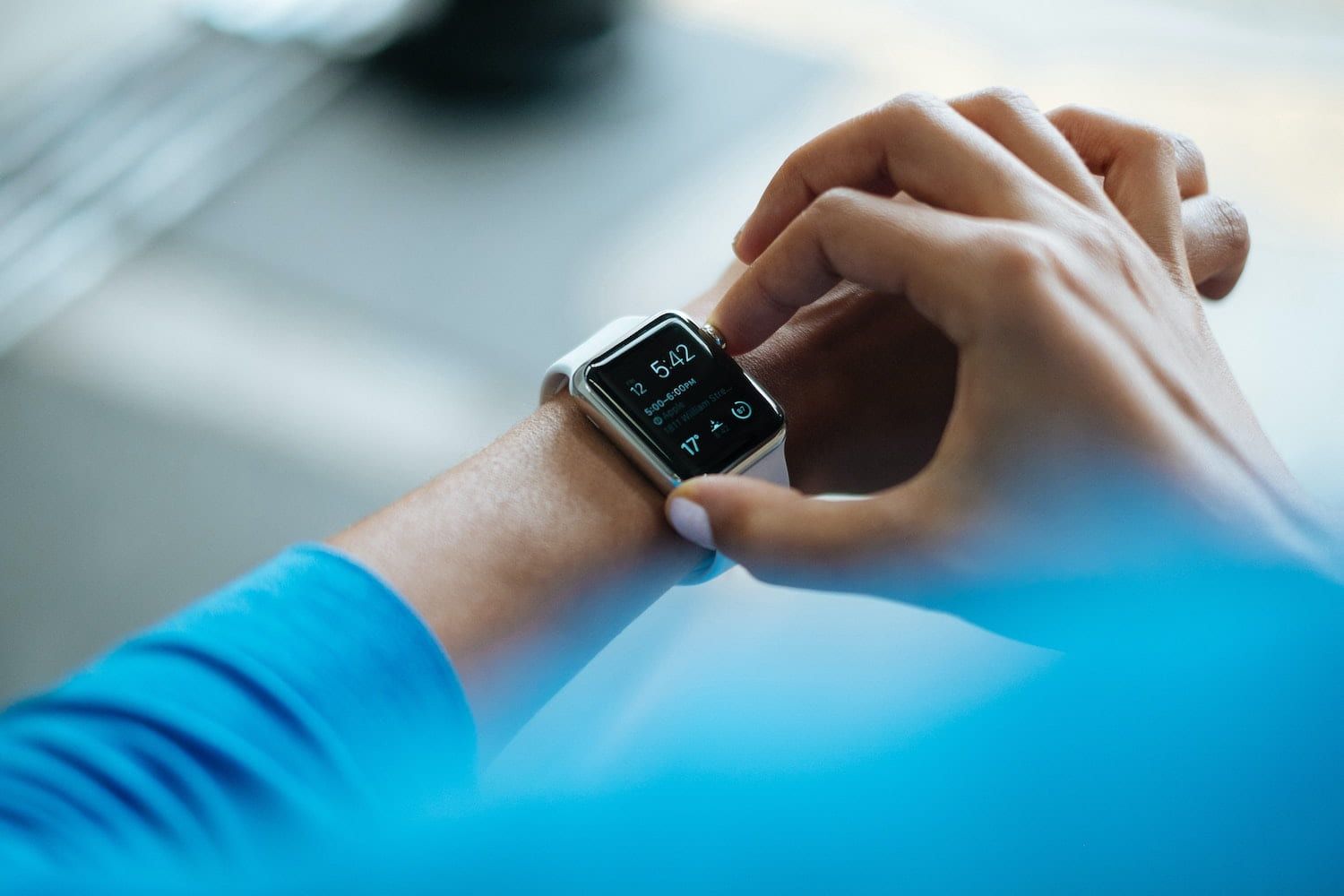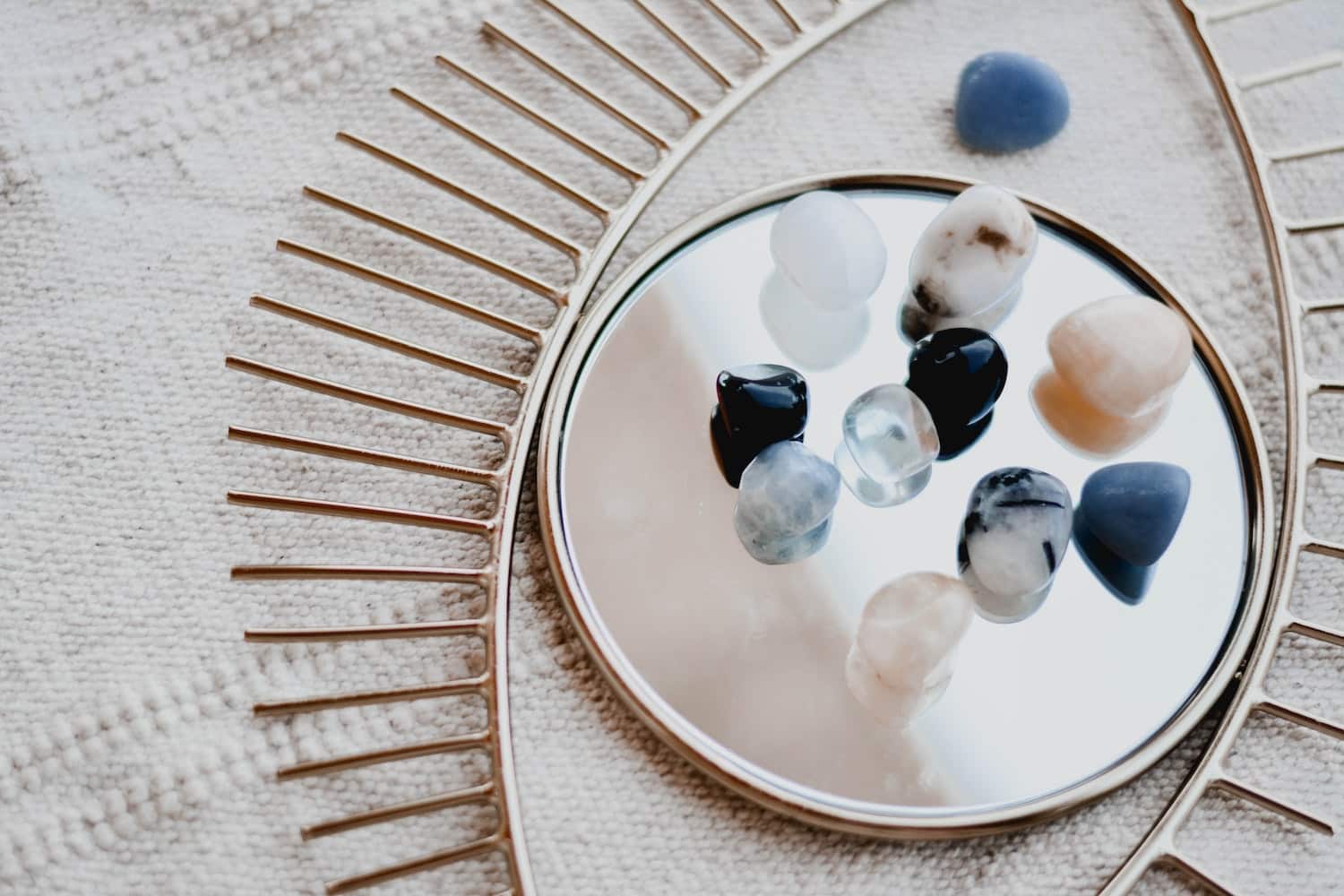What happens when we mix cutting-edge tech with ancient wellness practices?
Power on, ion on, PEMF level set to 2 (7.8Hz)... No, I’m not trying to land a plane, I’m just trying to switch on an infrared (PEMF) mat gifted by biohacking tech brand HigherDOSE, ready to try an energy transformation session, hosted by a fourth-generation energy healer and yoga teacher Aysha Bell.
If that sounds like two different worlds colliding, it’s because it kind of is. On one hand, you’ve got ancient practices of yoga and meditation that come with peace, serenity, and simplicity – and on the other, you’ve got brand new technology with power packs, manuals, and a one-year warranty.
But can technology really boost our wellness routines, and at what cost? Increasingly, tech entrepreneurs and business moguls are set on tuning in to our insatiable desire for products promising to boost our wellness – offering up a plethora of options to the $4.5 trillion industry.
These days, many of us are prioritising wellness in ways we’ve never done before, which is why you can now find a gadget for most needs. There are SAD (seasonal affective disorder) lamps, deep sleep headbands, LED face masks, smartwatches, smart mattresses, smart scales, smart sex toys, the world of wearables, and too many apps to count.
Whether all this causes you delight or dismay is really down to the individual. But one thing’s for sure, one purchase will rarely solve all of our woes, we’re far more complex than that. When addressing wellbeing, there are a lot of things we need to take into account – our relationships, finances, physical and mental health, for example. The majority of tech companies wouldn’t claim they have the golden ticket, and yet it’s natural to pin your hopes on tangible items when dealing with sometimes intangible experiences – something it pays to be wary of when navigating this growing market.

HigherDOSE’s PEMF mat looks just like a yoga mat, except it has 20lbs of tiny crystals sewn in between the base and a top layer of mesh fabric. The PEMF (pulsed electromagnetic field) therapy element comes in once plugged in and heated up and is thought to send low-level frequency energy through the body, something which claims to aid calm – with different intensities promising different effects, from deep relaxation to improving focus. PEMF therapy is usually something you might visit a holistic clinic to experience and is administered via smaller, more direct devices that target problem areas like sore muscles, or a mat like this one – which comes with some big claims, and an equally big price tag of £890.
While that all sounds pretty intimidating, back in the room, and once the energy healing session began, I returned to familiar territory. Working remotely over Zoom, Aysha instructed us to set our mats to medium heat – which, admittedly, quickly had me feeling at ease on an otherwise quite chilly day – and we started off with some gentle stretches and calming breathing exercises.
There is much benefit to be found in ancient rituals that cannot be replaced by modern practises
Following on from that, we then lay on our backs and did some visualisation meditation, breathing deeply into each part of our bodies, sending calming focus to these areas. Then it was time for some sound healing, Aysha creating deeply penetrating sounds with bowls that resonated through the body. For those who haven’t experienced sound therapy before, it feels like a full-body bath of deep, yet soft, energy – a totally unique, yet practically simple, experience that’s best tried first-hand.
“There is much benefit to be found in ancient rituals that cannot be replaced by modern practices – and technology that cannot match up to some of the most basic systems and rituals,” says Aysha, when we catch up following the session. “Something as simple as breathing could change a person’s life.”
But, as Aysha sees it, when married with guided meditation or a yin yoga session, tech like PEMF therapy could aid you in going deeper into relaxation, something she sees as an example of what the future holds for us.
My verdict? Following the session, I felt dreamy, calm, and whimsical. Lying on a heated PEMF mat felt good – especially on my back, good posture not being my strong point – and I’ve no doubt the heat played a role in the speed at which I was able to switch off and relax. As to whether I felt more relaxed than after a standard meditation session, that’s harder to answer.

“The future of wellness seems to be taking us back to basics, people and communities are looking at ancient traditions all over the world and bringing them
to the West, married up with what is already on offer for us in the West,” Aysha comments. But, as Aysha points out, healing and wellness are about a lot more than just going to the gym or eating well. Speaking to ourselves in a nurturing way, being a part of a supportive community, and treating ourselves with love and respect come first. And when it comes to investing in ourselves, you could try out the latest tech or you could commit to regular meditation – either way, the most important component for success is the relationship we have with ourselves.
Ultimately, wellness tech such as the HigherDOSE mat is, plainly, nice. These tools can enhance practice, but they aren’t the be-all-end-all; true change comes with hard work and dedication. As for the question of whether we need to bring tech into this world, or even, should we, that’s for you to decide. But one thing’s for sure if you’re erring on the side of innovation, the futuristic options on the horizon promise to be fruitful.
Learn more about HigherDOSE at higherdose.com.
You can follow Aysha Bell on Instagram @ayshabellwellness or visit her website (ayshabell.com) to purchase products or book wellness sessions.


Comments